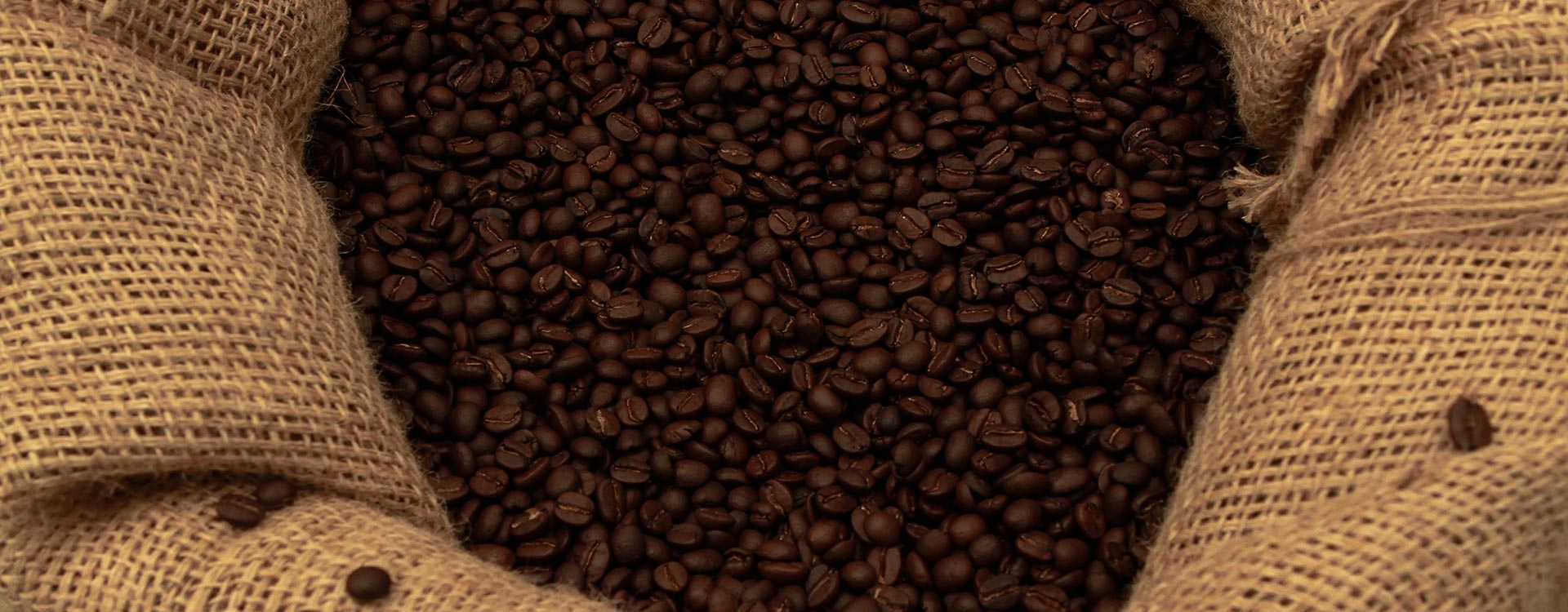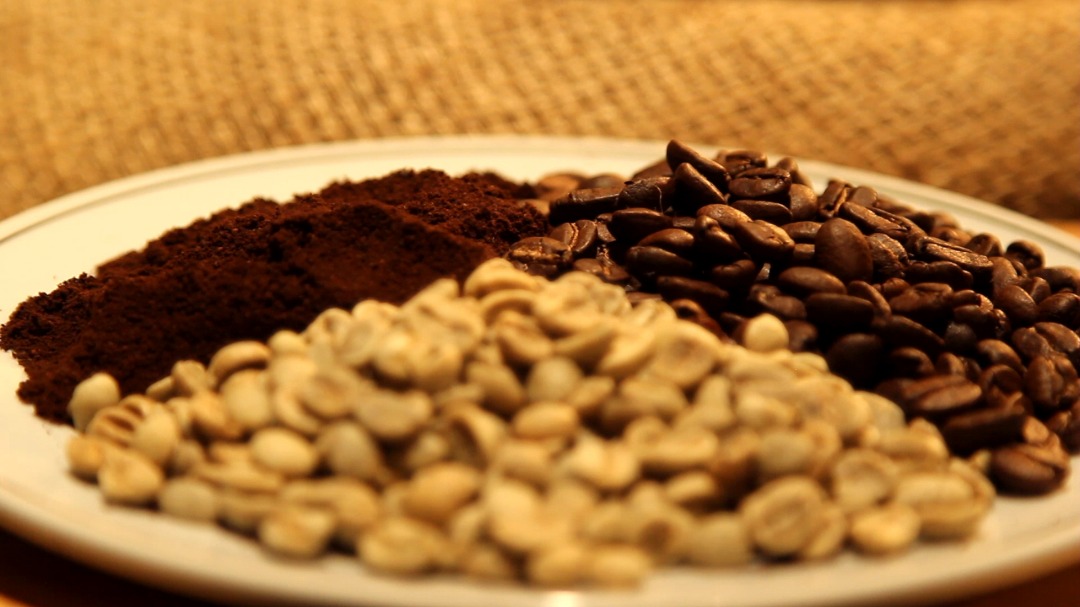

Some secrets about the aroma and taste of coffee
Coffee is considered to be one of the most aromatic foods in the world despite the fact that the green coffee bean, recently harvested, has practically no aroma. The compounds responsible for its aroma and flavor are already present in the bean, but cannot yet be released.
With roasting, the aromas of the coffee are released. The composition changes; the carbohydrates, proteins, and acids of the green beans are transformed into volatile compounds by heat. Among these volatile compounds are oxazole and pyrazine, the two main ones responsible for the characteristic aroma of coffee. In reality, more than 900 different volatile components are released, but only a portion of these particles are perceptible by our senses.
Control of taste and aroma
Much of the flavor and aroma of coffee depends on the variety of the bean, the quality of the bean, and its degree of maturity. Without a quality green bean it is difficult to obtain a good cup of coffee.
The quality of the green bean is essential, but it is not enough. What makes the difference in terms of aroma and flavor is the roasting. A bad roasting can ruin a good coffee. That is why expert roasters must perfectly control what changes occur in the bean during the process.
Coffee beans are roasted between 200 ºC and 250 ºC. During the process they undergo several transformations in color, flavor, and aroma. This is known as the Maillard reaction.
Light roasting: In the first moments of roasting, sugars are broken down into different acids which are responsible for their acidity. In this phase the acidity and enzymatic flavours are enhanced.
Medium roasting: With the increase in temperature, a good part of the acids and astringent components are destroyed. The medium roast would be the most balanced and juicy.
Dark roasting: If roasting is continued, the bitter taste is enhanced and rubber, smoke and ash flavors predominate, so the moment when roasting is interrupted is decisive for obtaining some flavors or others.
Source with information from Bonka






